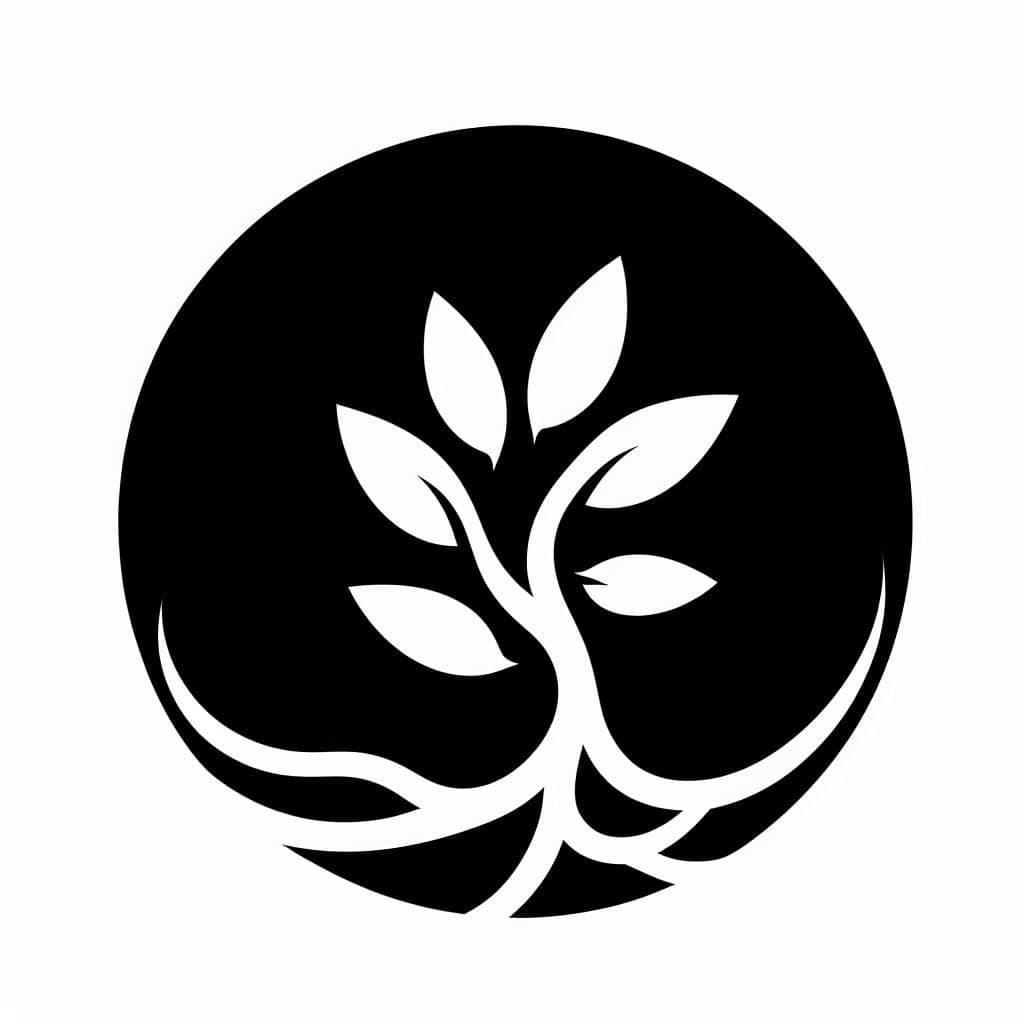Let me say it right away: I don’t believe in balance. I am very aware that this goes directly against what we hear in society and advertisements. That word is often used to express a sense of equilibrium and harmony
You know those books: ‘How to balance your thoughts and emotions in 7 steps.’
People often seek inner peace and balance in their lives. A healthy work-life balance is a common aspiration. And on the surface, the metaphor seems to make sense: you do something to restore the balance that is apparently out of kilter. Quite the promise.
But I believe this balance is a grand illusion. Because it would imply that there exists a static state of equilibrium that you could reach and maintain.
But life is constantly in motion and changing. There is no static balance. Life is a series of continuous adjustments and choices.
Imagine you have a busy full-time job. All it takes is a bad night’s sleep, unexpected problems at work, falling ill, helping a friend in need, a loose dog hitting your car, an unexpected rain shower disrupting your running session, or an unexpected encounter with someone you haven’t seen in a long time… Good luck balancing that!
Instead, I emphasize the importance of dynamics and flexibility in life. It is more important to learn to deal with these changes than to strive for that static (unattainable) balance.
It’s more important to be resilient and develop adaptability. Resilience means being able to recover from setbacks, adapt to change, and even emerge stronger from challenges. It’s about the ability to remain flexible and adjust to new circumstances without being overwhelmed.
Therefore, I encourage you to focus on personal growth and development rather than achieving perfect balance. Resilience can be strengthened. By learning how to effectively manage stress and adversity, you can better navigate the unpredictabilities of life.
And absolutely, you can incorporate as much structure into your day and implement daily routines to create more calm. That can certainly have a positive impact. For example, I always get up at the same time, write in the mornings, and don’t drink coffee before 10 am… But the challenge lies in dealing with the so-called obstacles.
And, unless you can live a monastic life, those are constant. That’s where the growth as a human being lies for me. Developing resilience to respond to all those unexpected events without falling into an emotional cramp of, for example, getting angry (and perpetuating that all day by telling everyone what you just went through and couldn’t do what you really wanted to).”
